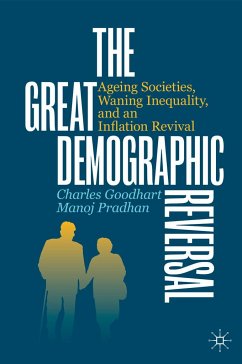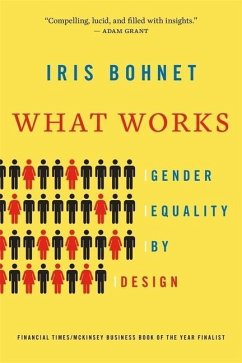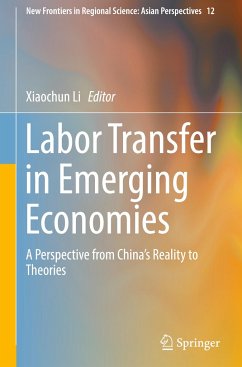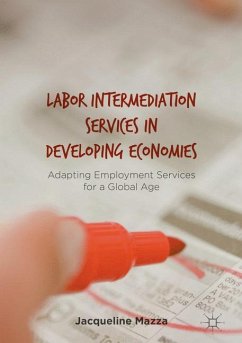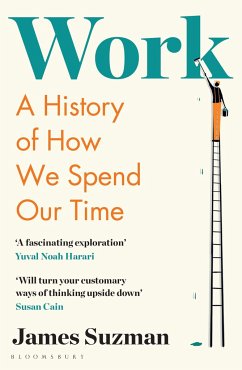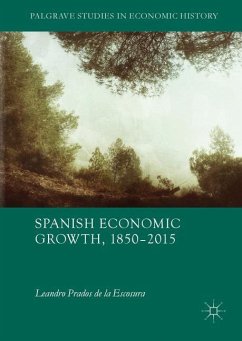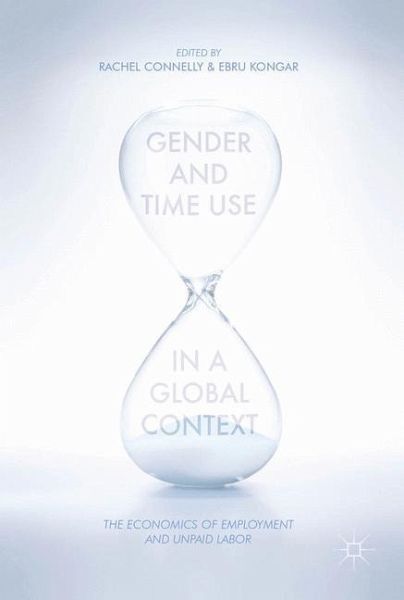
Gender and Time Use in a Global Context
The Economics of Employment and Unpaid Labor
Herausgegeben: Connelly, Rachel; Kongar, Ebru

PAYBACK Punkte
57 °P sammeln!
This edited volume uses a feminist approach to explore the economic implications of the complex interrelationship between gender and time use. Household composition, sexuality, migration patterns, income levels, and race/ethnicity are all considered as important factors that interact with gender and time use patterns. The book is split in two sections: The macroeconomic portion explores cutting edge issues such as time poverty and its relationship to income poverty, and the macroeconomic effects of recession and austerity; while the microeconomic section studies topics such as differences by a...
This edited volume uses a feminist approach to explore the economic implications of the complex interrelationship between gender and time use. Household composition, sexuality, migration patterns, income levels, and race/ethnicity are all considered as important factors that interact with gender and time use patterns. The book is split in two sections: The macroeconomic portion explores cutting edge issues such as time poverty and its relationship to income poverty, and the macroeconomic effects of recession and austerity; while the microeconomic section studies topics such as differences by age, activity sequencing, and subjective well-being of time spent. The chapters also examine a range of age groups, from the labor of school-age children to elderly caregivers, and analyze time use in Argentina, Australia, Canada, China, Finland, India, Korea, South Africa, Tanzania, Turkey, and the United States. Each chapter provides a substantial introduction to the academic literature of its focus and is written to be revealing to researchers and accessible to students and policymakers.



